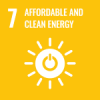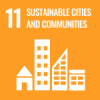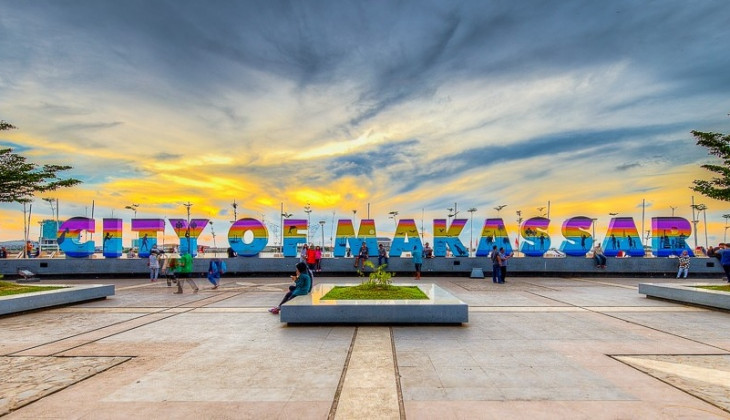By 2050, it is estimated that 68 percent of the world’s population will live in urban areas. With this rapid urbanization, sustainable development is increasingly dependent on the ability to manage urban growth. However, this rapid development breeds risks both locally and globally. In 2020, food and water crises are identified as two of the most potentially devastating risks for the next decade.
To address the risks of urbanization and food security impacts, many city governments, including Makassar, intensively integrate new food and agricultural development. The fifth-largest city in Indonesia has now initiated the development of urban farming by exploring the use of city parks in alleys to overcome this. This city is growing rapidly and trying to become a world-class livable city.
Driven by the developments in Makassar, a study was initiated to integrate machine learning and big data innovations in urban farming in city parks in alleys. The research will be carried out by exploring environmental, energy and other data as well as developing systems as a component of building a smart city (Smart City). This research combines the principles of Human-Centered Design, low-cost sensor networks, machine learning and optimization in design and implementation. Urban farming development will be integrated with renewable energy.
This transformative research is carried out within the systemic framework of the ASEAN Smart Cities Partnership to modernize Southeast Asian cities, and Makassar is one of its members. This program is run through a strategic partnership between universities (University of Colorado Boulder, Gadjah Mada University, and Bandung Institute of Technology), Makassar City Government, US Department of State, Virginia Tech with funding from the National Science Foundation – United States. The research will last for 2 years, from 15 July 2020 to 30 June 2022.
In this program, UGM is represented by the Center for Development of Sustainable Region (CDSR) which is under the management of the Center for Energy Studies (PSE) chaired by Dr. Deendarlianto. The person in charge of Indonesia is Dr. Rachmawan Budiarto as director of CDSR. For UGM PSE, this funding is a continuation of the 3-year grant from USAID which has just been completed by the CDSR. This includes the University of Colorado Boulder and the Bandung Institute of Technology as members.
The results of this research will also be disseminated to other Asian cities through the U.S. ASEAN Smart Cities Partnership. The research team will also share the results through the Asia-Pacific Economic Cooperation (APEC) network, of which Indonesia is an active member in the development of a Low Carbon Model Town.



